I Am A Recovering People Pleaser
(Is that OK?)
I Am A Recovering People Pleaser
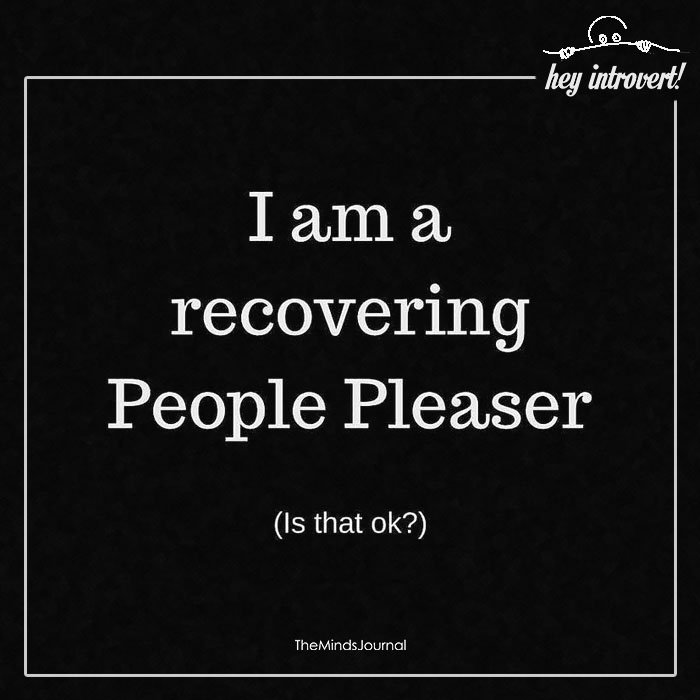
— Follow Us —
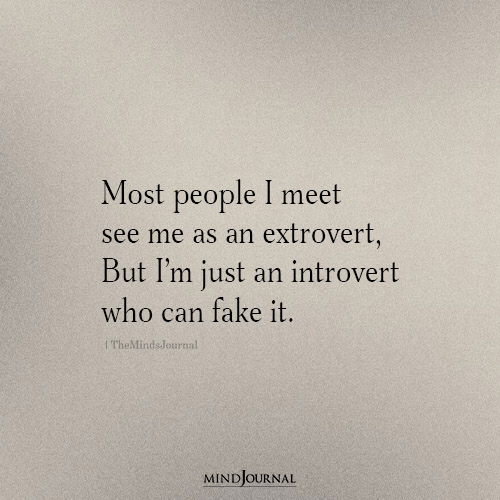
Most people I meet see me as an extrovert,But I’m just an introvert who can fake it.
Introvert Quotes, shy people quotes, introvert sayings, im an introvert quotes, being an introvert quotes, best introvert quotes, quotes about introvert, short introvert quotes
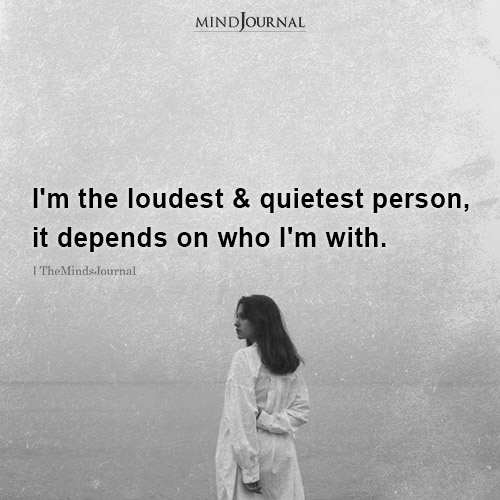
I’m the loudest and quietest person, it depends on who I’m with.
Being Me, being myself quotes, becoming a better me quotes, just being me quotes, simple being me quotes, quotes about being me, Introvert Quotes, shy people quotes, introvert sayings, im an introvert quotes, being an introvert quotes, best introvert quotes, quotes about introvert, short introvert quotes
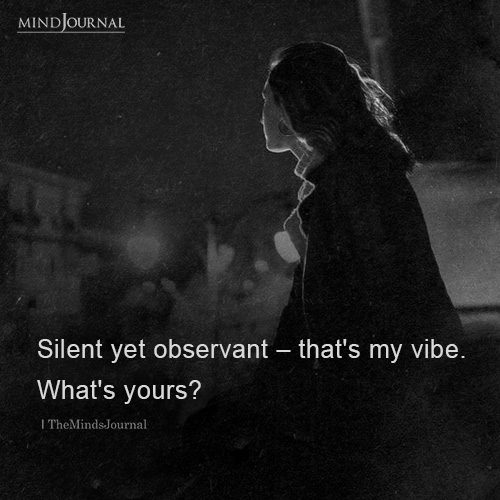
Silent but observant, I ain’t no fool.
Introvert Quotes, shy people quotes, introvert sayings, im an introvert quotes, being an introvert quotes, best introvert quotes, quotes about introvert, short introvert quotes
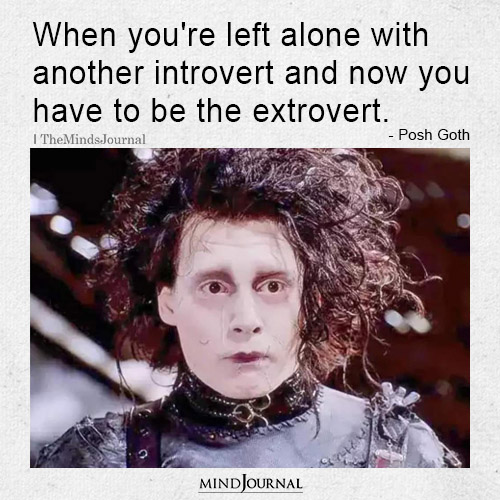
When you’re left alone with another introvert and now you have to be the extrovert.
– Posh Goth
Posh Goth Quotes, Introvert Quotes, shy people quotes, introvert sayings, im an introvert quotes, being an introvert quotes, best introvert quotes, quotes about introvert, short introvert quotes
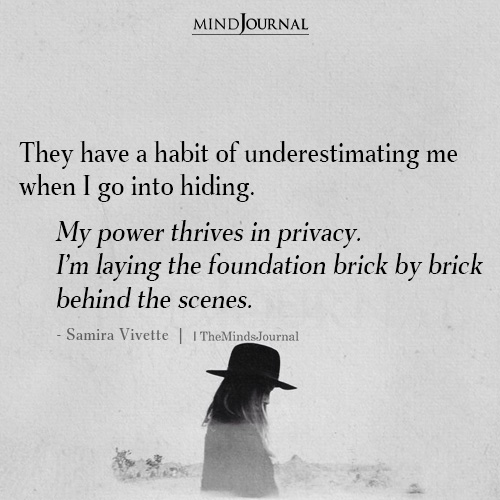
They have a habit of underestimating me when I go into hiding.
My power thrives in privacy. I’m laying the foundation brick by brick behind the scenes.
– Samira Vivette
Samira Vivette Quotes, Being Me, being myself quotes, becoming a better me quotes, just being me quotes, simple being me quotes, quotes about being me, Introvert Quotes, shy people quotes, introvert sayings, im an introvert quotes, being an introvert quotes, best introvert quotes, quotes a
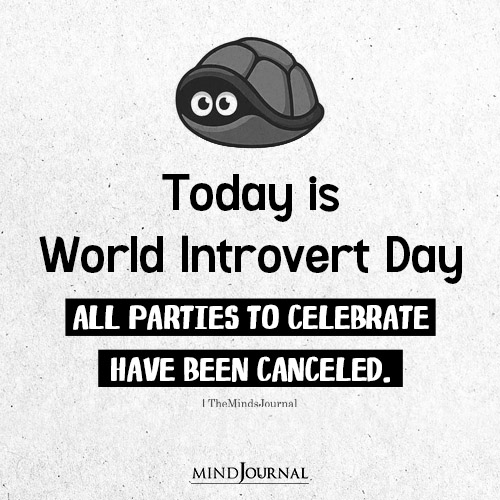
Today is World Introvert Day
All parties to celebrate have been canceled.
Introvert Quotes, shy people quotes, introvert sayings, im an introvert quotes, being an introvert quotes, best introvert quotes, quotes about introvert, short introvert quotes, introvert person quotes
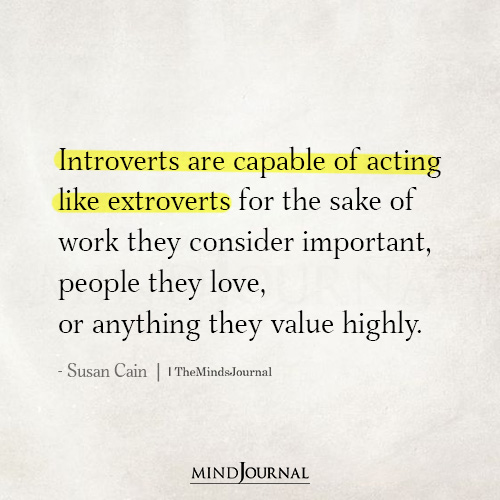
Introverts are capable of acting like extroverts for the sake of work they consider important, people they love, or anything they value highly.
– Susan Cain
Susan Cain Quotes, Introvert Quotes, shy people quotes, introvert sayings, im an introvert quotes, being an introvert quotes, best introvert quotes, quotes about introvert, short introvert quotes, introvert person quotes
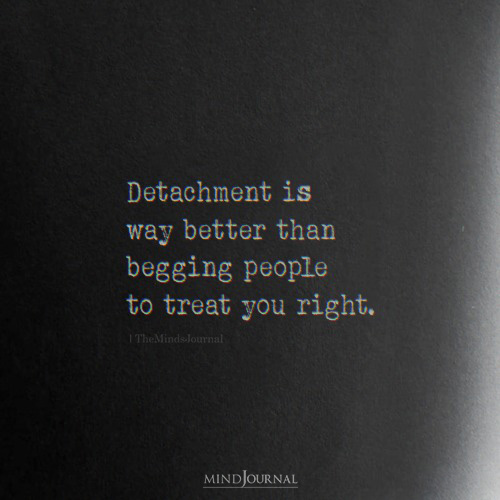
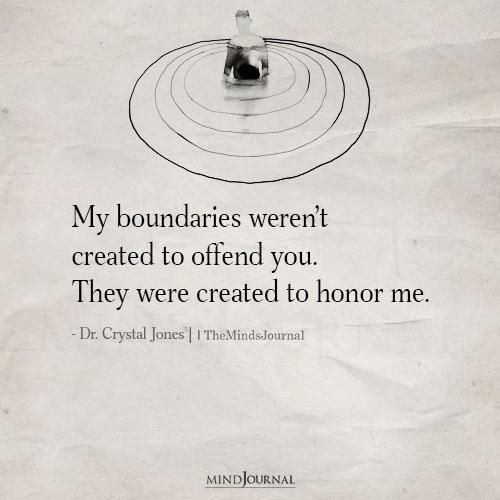
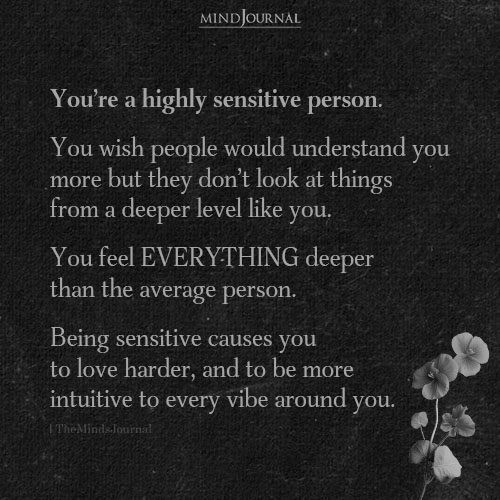
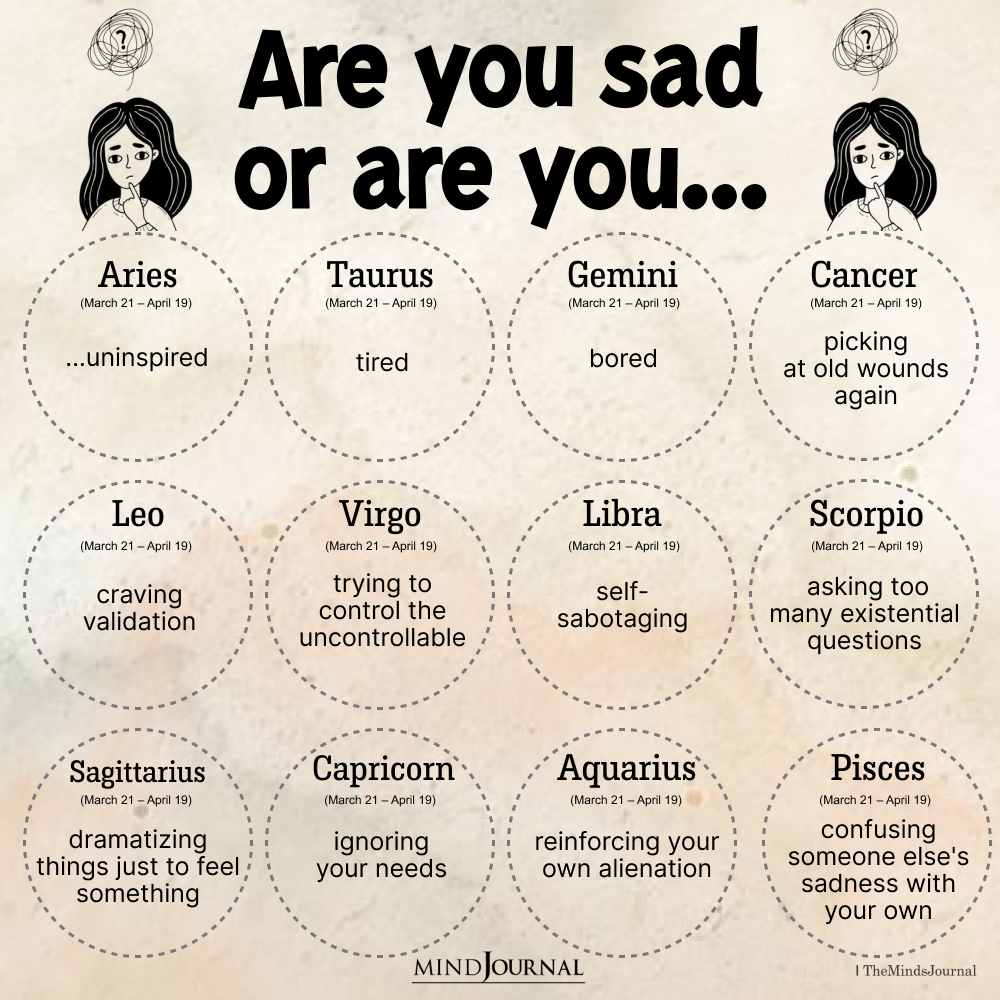
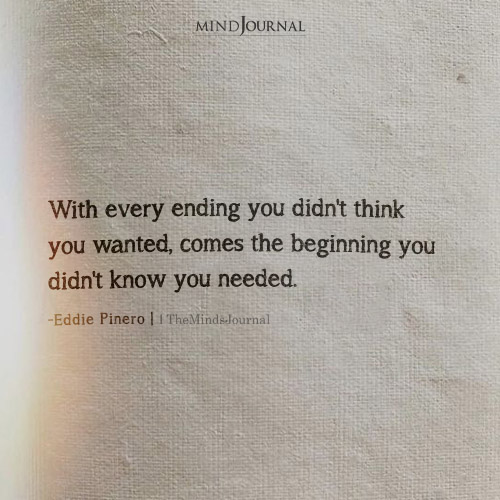
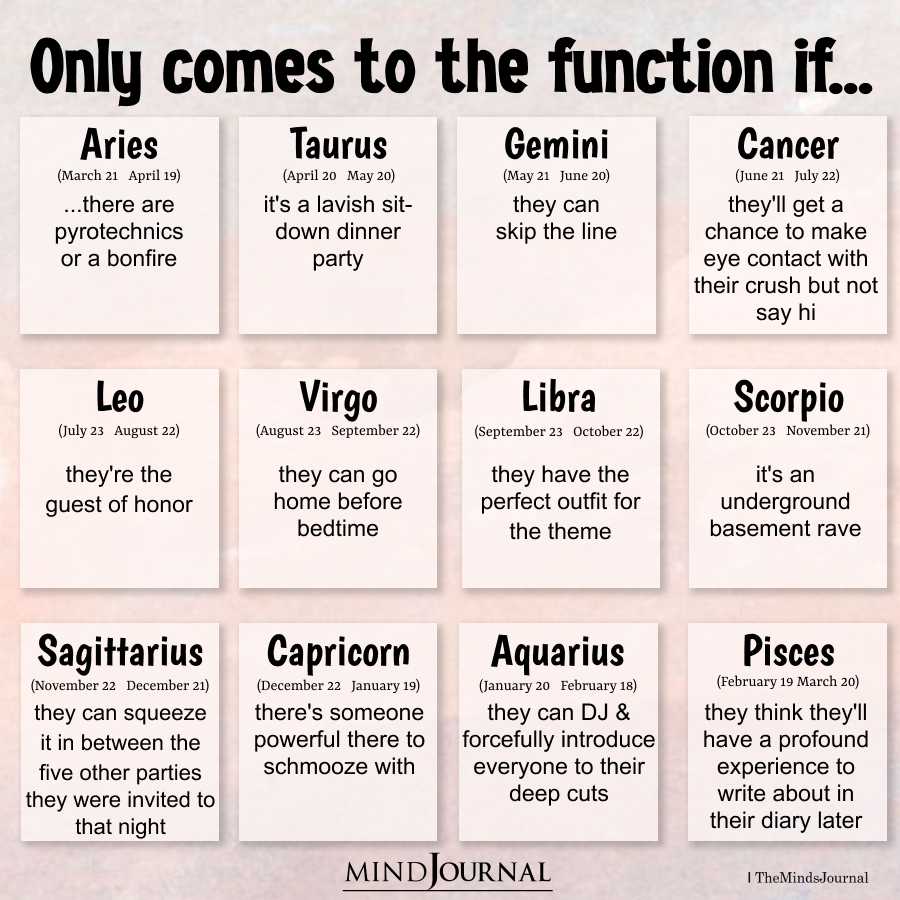
Leave a Reply
You must be logged in to post a comment.